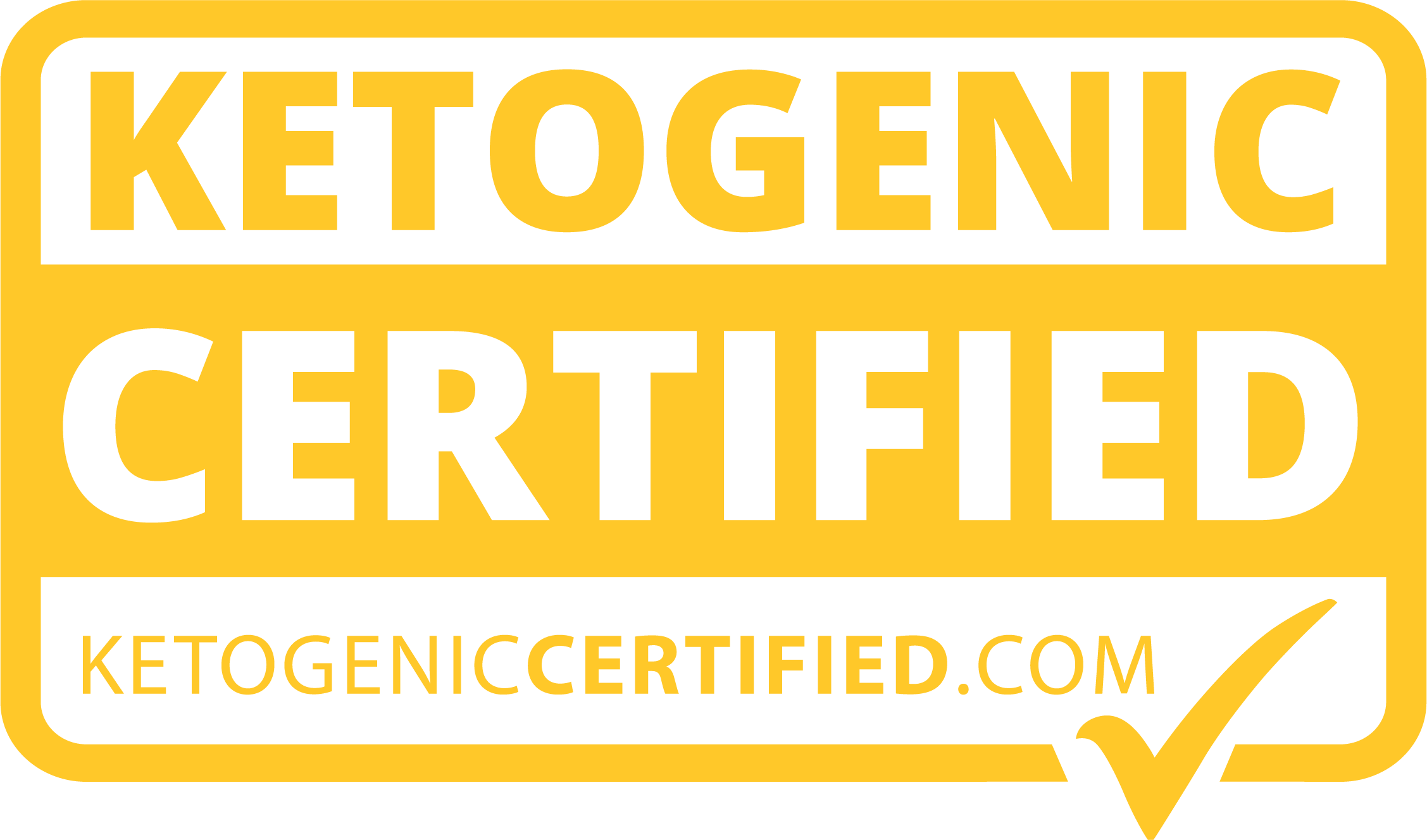Our Standards
It is not enough to simply look at a nutrition label and determine whether or not a product is truly ketogenic. Blood measurements are the gold standard and necessary to determine the effects of a product on your body. Furthermore, blood glucose or ketone responses after product consumption should not be compared to fasted levels. Factors such as food consumption, exercising, or even just walking around can cause fluctuations in these measurements. Collectively with over 200 published papers and abstracts, our laboratory understands these factors that play into food digestion kinetics. We strive to be the gold standard for testing to ensure that the label matches the testing in order to provide the end consumer a trustworthy, reliable product.


Step 1
Application and label review
Step 2
Ingredient Analysis
Step 3
Ketogenic Certified
In order for a product to be considered Ketogenic Certified, it must not contain any sugar alcohols that are known to have a metabolic impact including but not limited to maltitol and sorbitol. Sugar alcohols such as erythritol are acceptable (up to 15 grams). The total added sugar content may not exceed 2g. There is a minimum 1:1 macronutrient ratio (1 gram of fat for every 1 gram of protein and carbohydrates) requirement. Furthermore, the use of highly inflammatory oils is prohibited. All vegetable oils must contain a minimum 2:1 ratio of omega 3’s + omega 9’s : omega 6’s. The acceptable testing range is 10% of the control condition.
Ketogenic
Certified Friendly
In order for a product to be considered Ketogenic Certified Friendly, it must not contain an added sugar content that exceeds 4 g. Additionally, the sugar alcohol content may not exceed 20 g. While there is no minimum 1:1 ratio requirement for Ketogenic Certified Friendly, macronutrient ratios will be taken into consideration.
The use a vegetable oil must be minimal. All oils must contain a minimum 1:1 ratio of omega 3s + omega 9s : omega 6s. The acceptable testing range is 20% of the control condition.
Exogenous Ketones
Exogenous ketones are permitted in the Ketogenic Certified and Ketogenic Friendly program, provided the beta-hydroxybutyrate content is 5g or greater for Ketogenic Certified™ and Ketogenic Certified (NAS), 3g or greater for Ketogenic Friendly, and they meet all other standards outlined. Companies using “proprietary blends” will be forced to disclose the actual amount to ensure the blend contains minimum requirements of BHB. Please note, that we do not require a minimum 1:1 ratio (fat: net carbs+protein) for ketogenic certified exogenous ketones.

